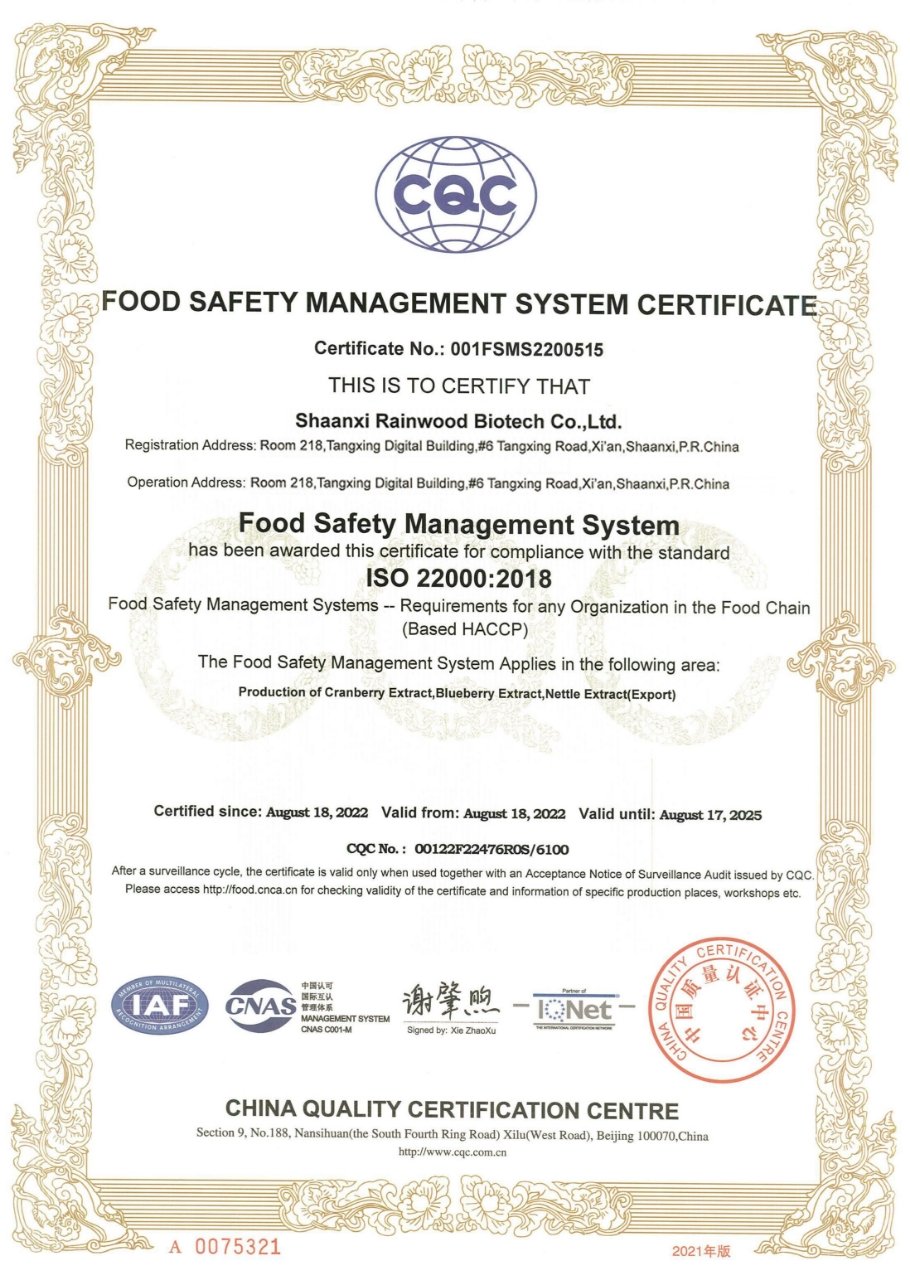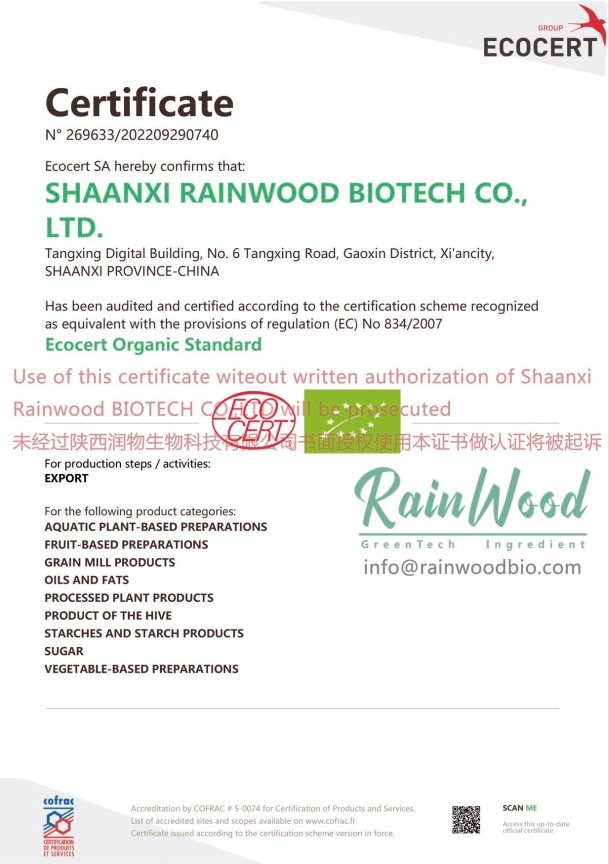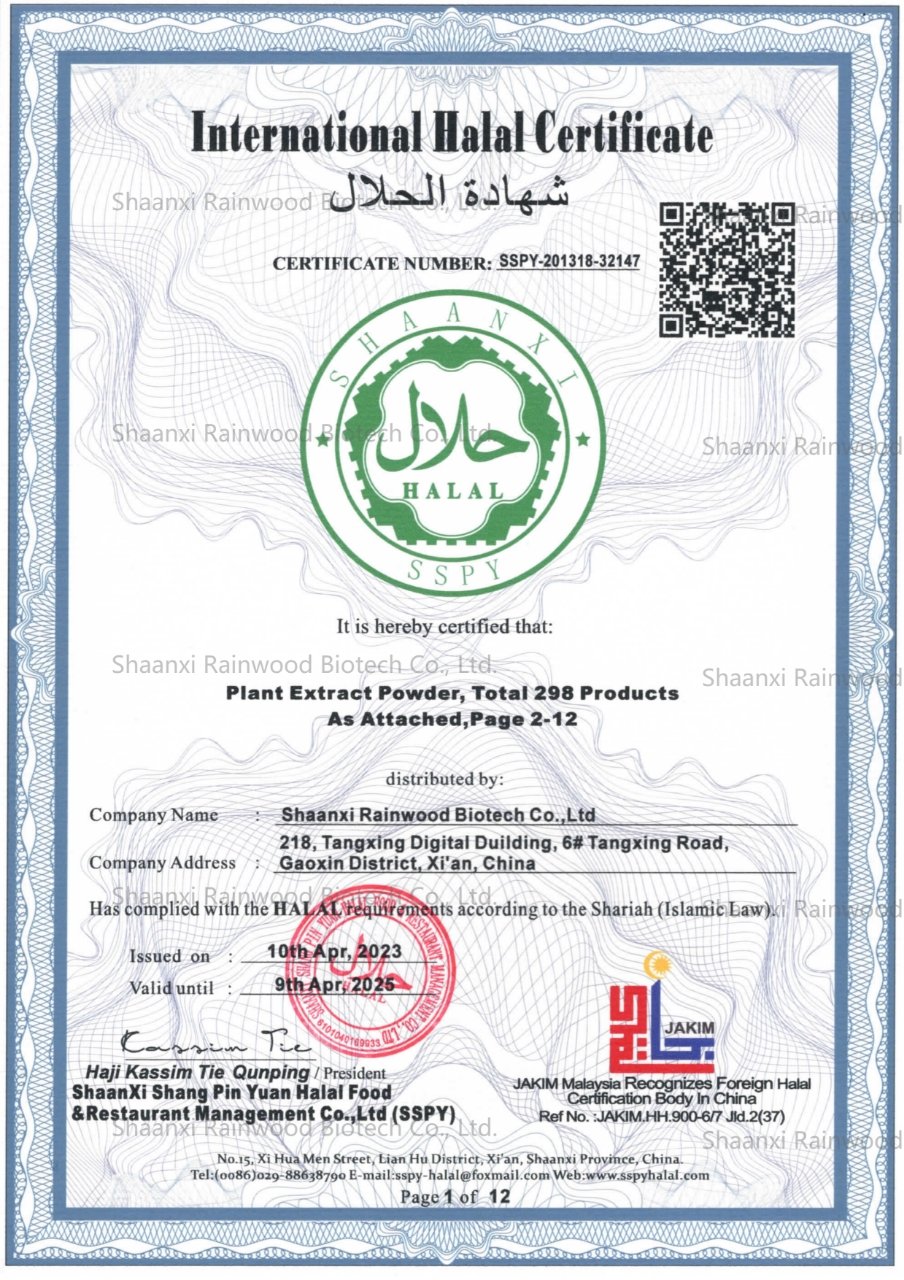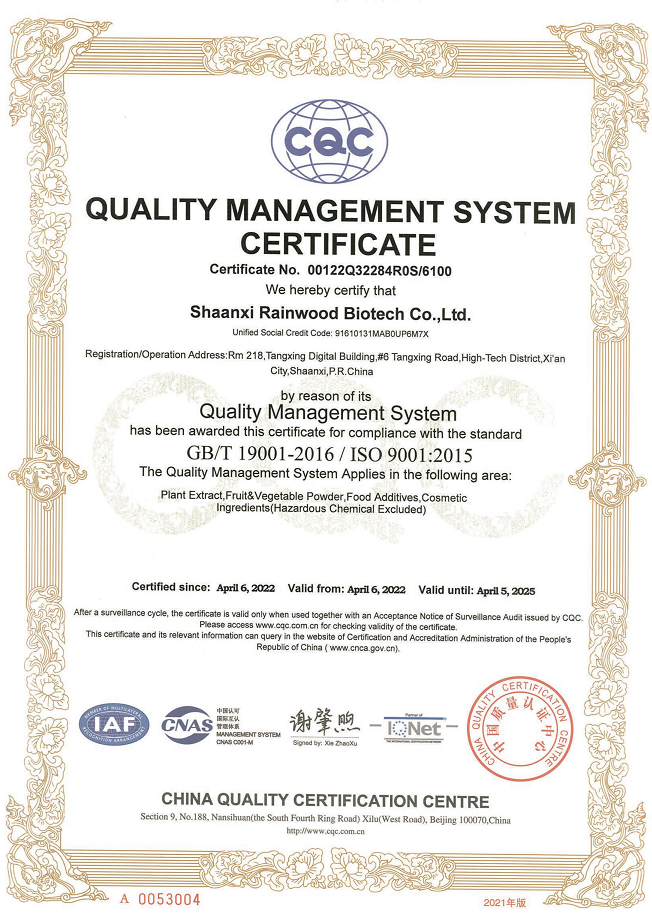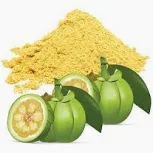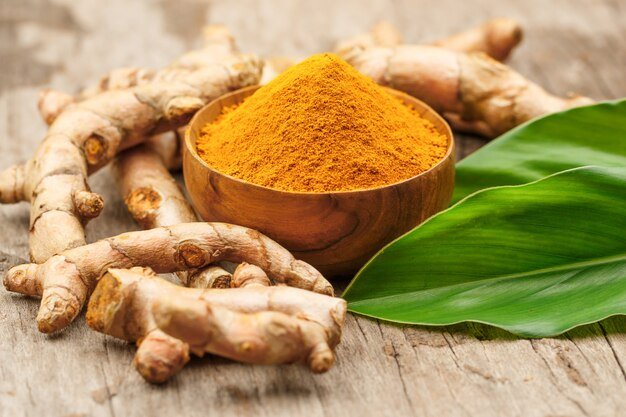What Is Monacolin K
Monacolin K, a key component of red yeast rice (RYR) preparations, is recognized for its role in maintaining normal blood LDL-cholesterol concentrations. In essence, it mirrors the active ingredient lovastatin, commonly prescribed for hypercholesterolemia treatment. The suggested daily intake of monacolin K aligns with therapeutic doses of lovastatin, emphasizing its cholesterol-regulating potential.
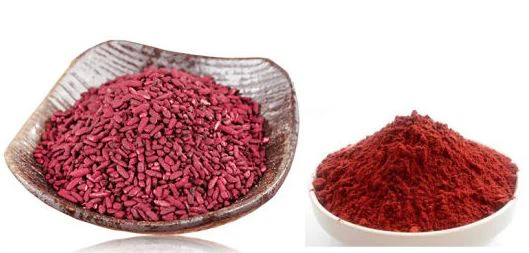
Mechanism of Action
Derived from Monascus purpureus yeast, red yeast rice undergoes fermentation with rice, yielding monacolins, notably monacolin K. This compound shares identical chemical properties with lovastatin, a statin drug known for its cholesterol-lowering effects. By inhibiting hepatic cholesterol synthesis, monacolin K helps manage blood lipid levels, thereby mitigating the risk of cardiovascular events.
Food Sources of Monacolin K
Certain red yeast rice products boast significant monacolin K content, akin to lovastatin’s cholesterol-lowering efficacy. However, variations in product composition and labeling render it challenging for consumers to gauge monacolin K levels accurately. Furthermore, concerns regarding contaminant presence, notably citrinin, warrant careful scrutiny of red yeast rice supplements.
Monacolin K: Safety Considerations
While monacolin K demonstrates cholesterol-lowering benefits, its safety profile raises notable concerns. Excessive intake, particularly from RYR, may precipitate severe musculoskeletal and hepatic adverse effects, including rhabdomyolysis. Given uncertainties surrounding dosage thresholds and individual susceptibility, caution is advised regarding RYR supplementation, especially among vulnerable populations.
Comparative Analysis: Monacolin K vs. Lovastatin
Monacolin K closely resembles lovastatin in structure and function, with red yeast rice formulations potentially containing appreciable lovastatin levels. However, discrepancies in lovastatin content among products underscore the need for vigilant monitoring and standardized regulation within the dietary supplement industry.

Conclusion
While monacolin K offers promising cholesterol-lowering benefits akin to lovastatin, its safety profile warrants meticulous evaluation. Informed decision-making regarding RYR supplementation necessitates a comprehensive understanding of dosage considerations, potential adverse effects, and regulatory oversight to ensure optimal health outcomes.
Disclaimer: This information serves as educational content and does not substitute professional medical advice.








